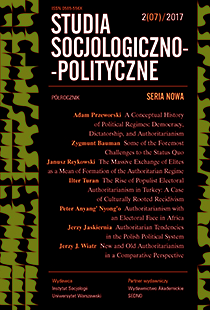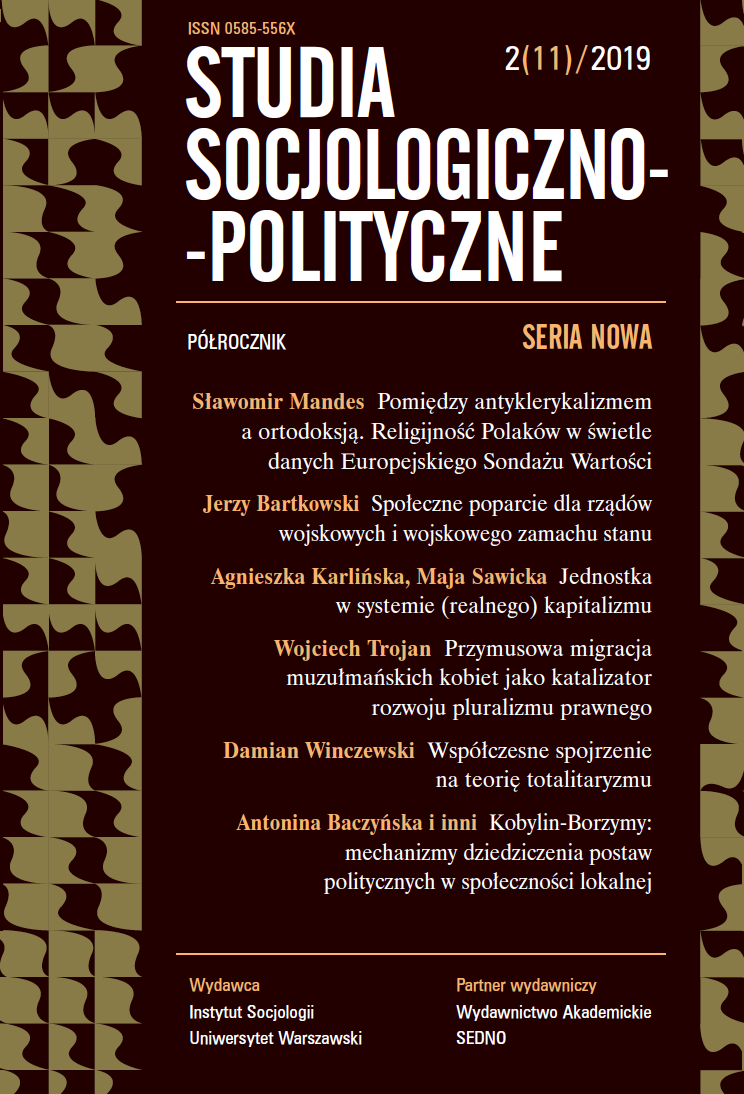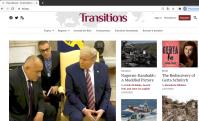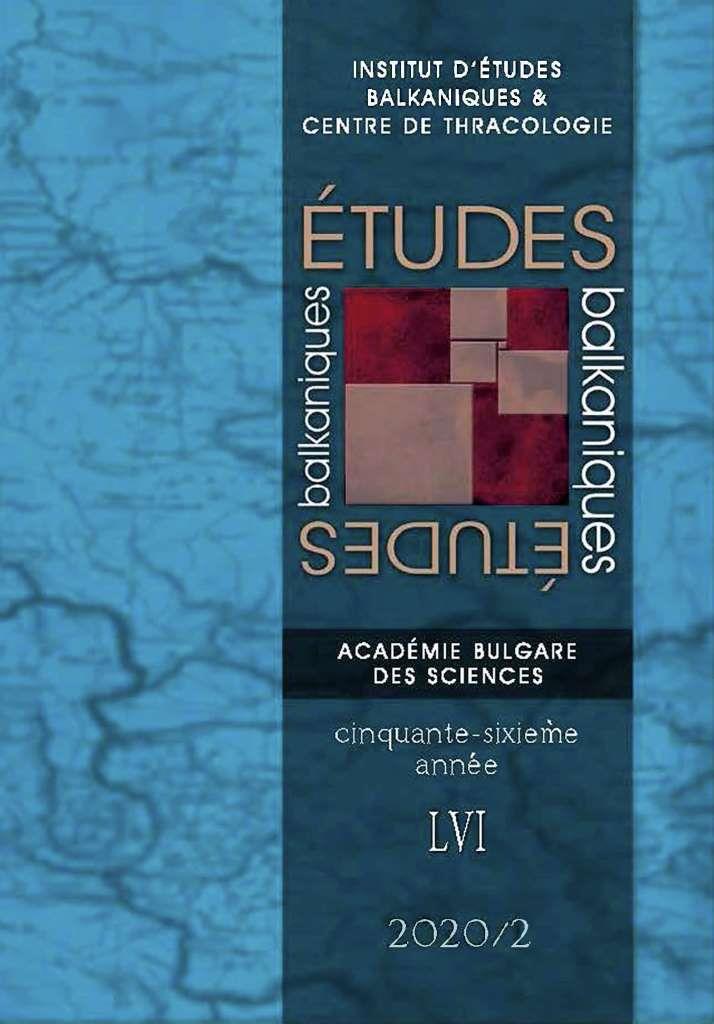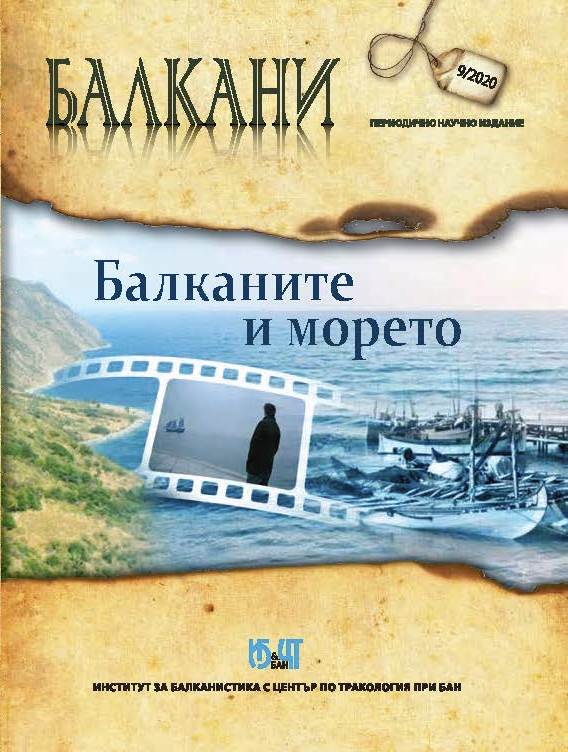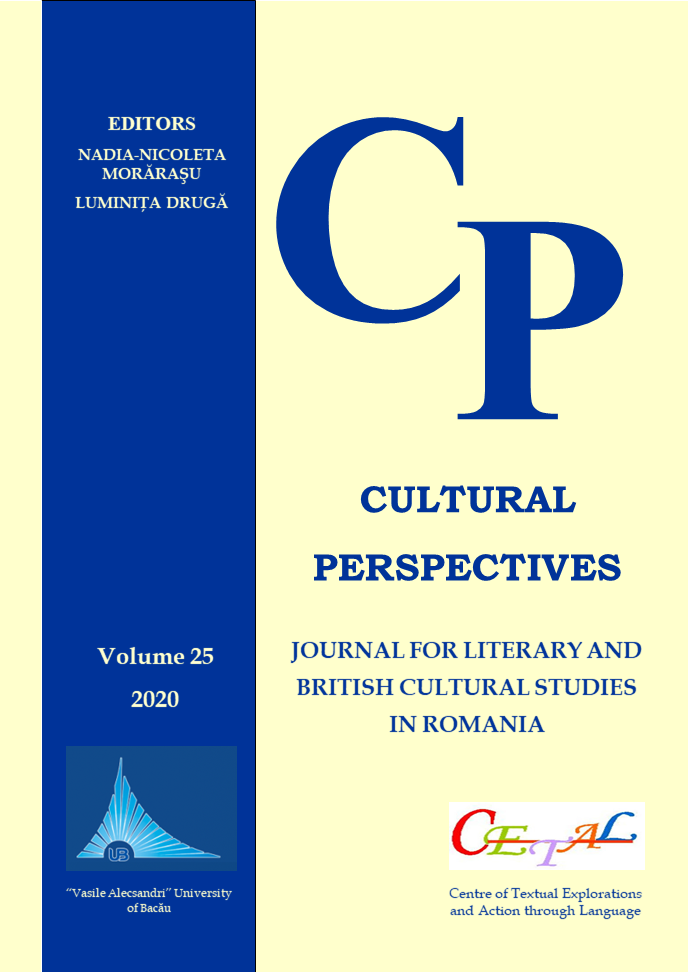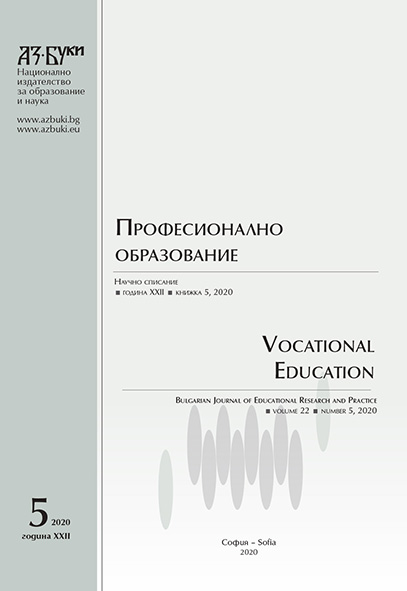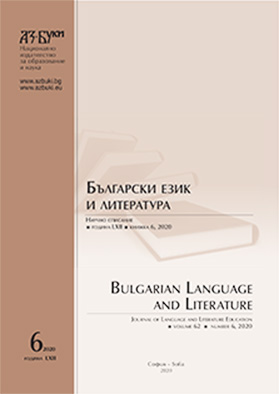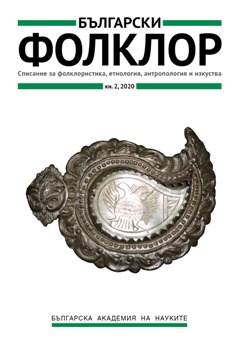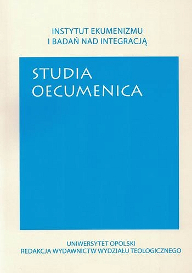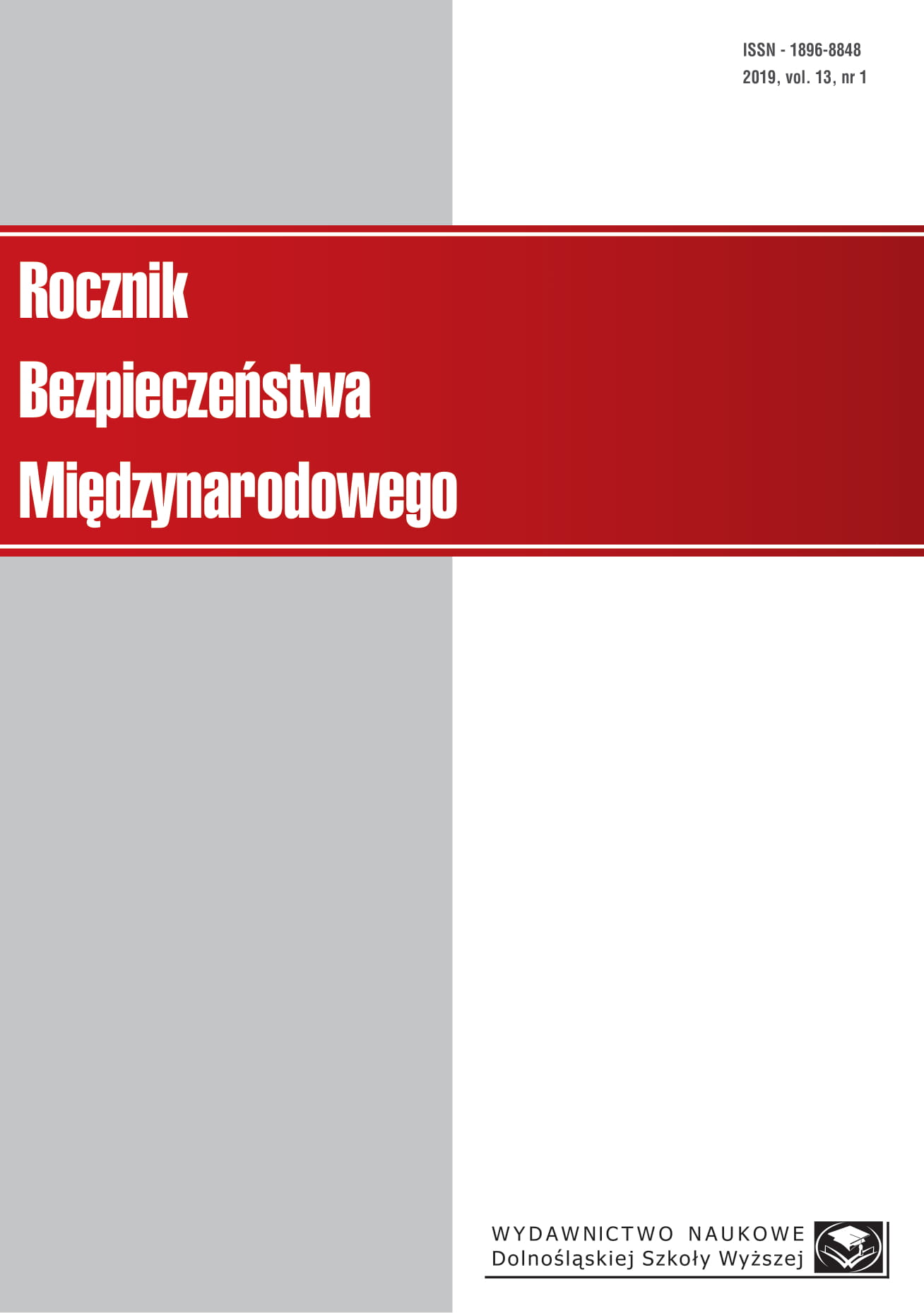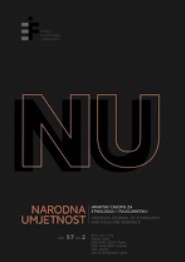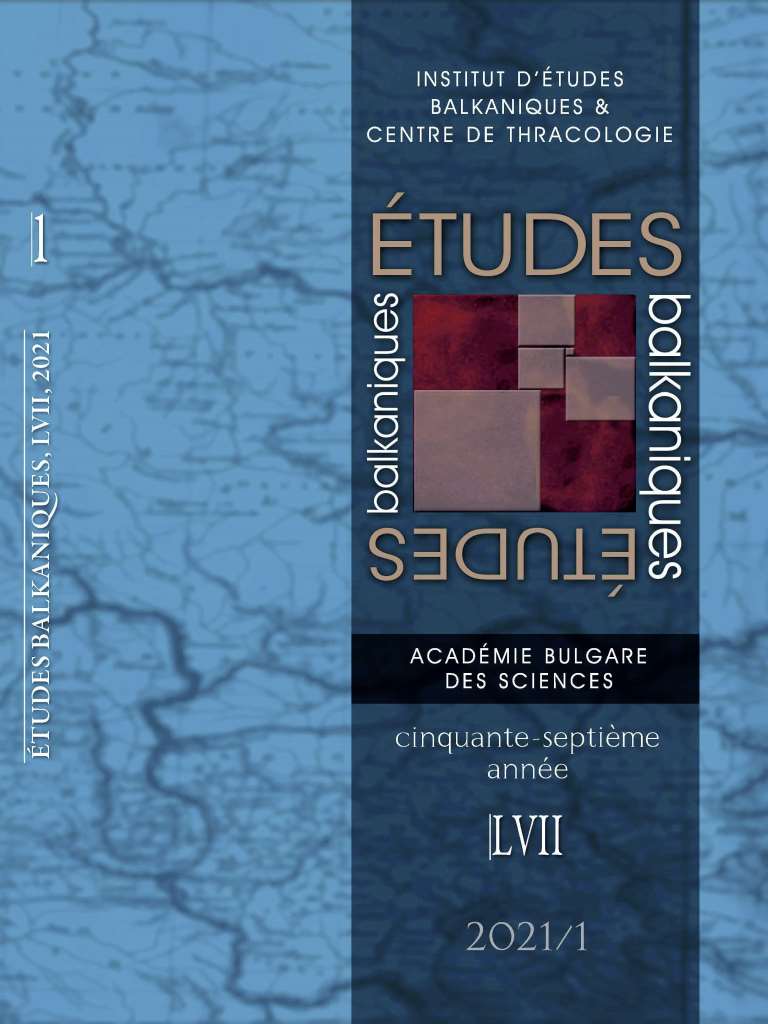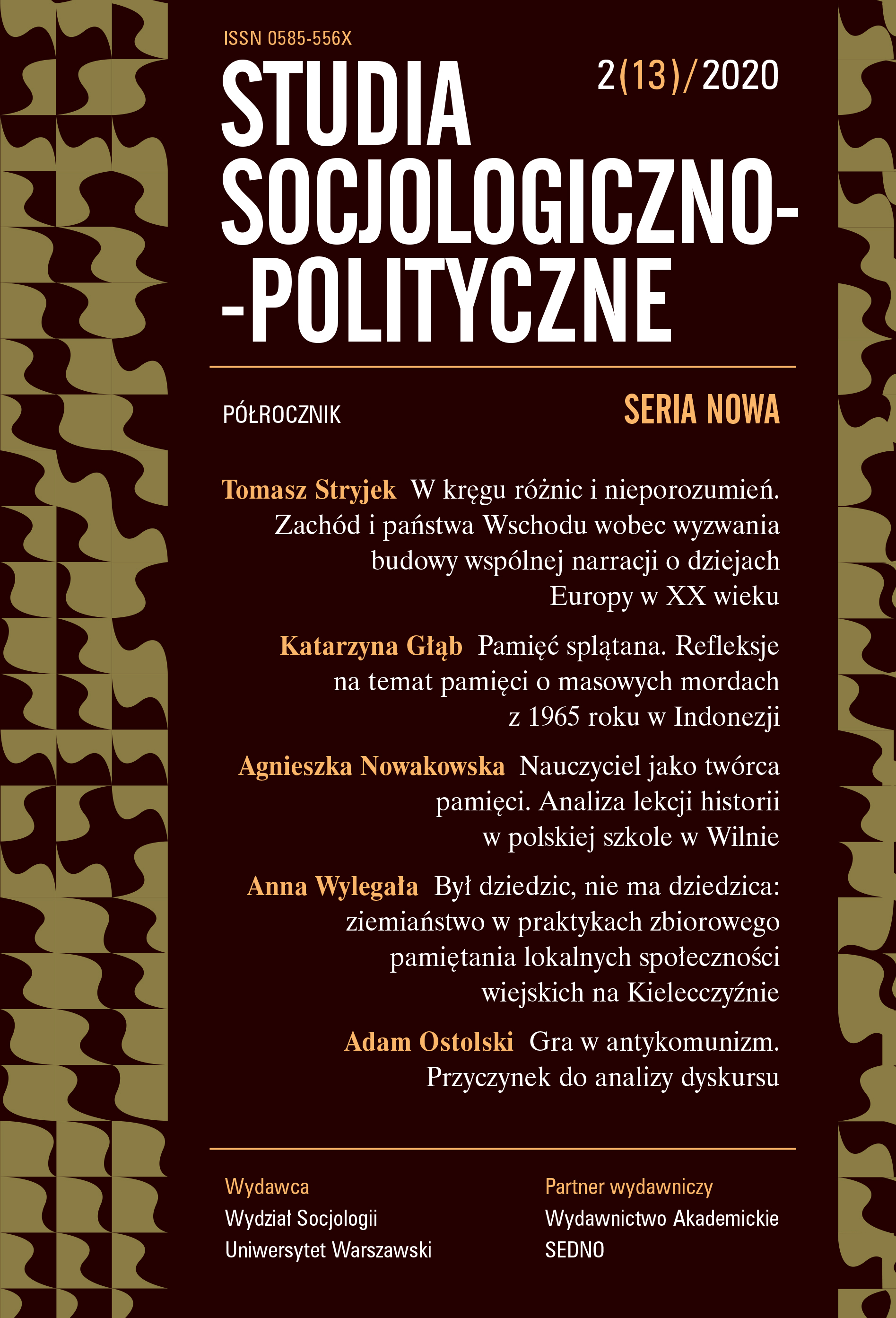Author(s): Marijeta Bradić,Vilma Benković,Dubravka Zima,Nada Kujundžić,Monika Bregović,Orlanda Obad,Ana Smokrović,Lada Stevanović,Jadran Kale,Josipa Tomašić,Barbara Majnarić,Marija-Ana Dürrigl,Brigita Miloš,Ivana Hanaček,Ines Prica,Maja Flajsig / Language(s): Croatian,Serbian
Issue: 2/2020
Review of:
Maja Flajsig - Ewa Wróblewska-Trochimiuk, Umjetnost na marginama. Hrvatski politički plakat u 19. i 20. stoljeću, Institut za etnologiju i folkloristiku i Institut za slavistiku Poljske akademije znanosti, Zagreb 2019., 281 str.
Ines Prica - Sanja Đurin, “Hrvati su brand u Čileu”. Diskursi uspješnosti i pripadanja, Institut za etnologiju i folkloristiku, Zagreb 2020., 215 str.
Ivana Hanaček - Lydia Sklevicky, Žene i moć. Povijesna geneza jednog interesa, ur. Andrea Feldman i Marijana Kardum, Institut za etnologiju i folkloristiku i Hrvatska sveučilišna naklada, Zagreb 2020., 280 str.
Brigita Miloš - Lilijana Burcar, Restauracija kapitalizma. Repatrijarhalizacija društva, Institut za etnologiju i folkloristiku i Centar za ženske studije, Zagreb 2020., 373 str.
Marija-Ana Dürrigl - Antonija Zaradija Kiš i Marinka Šimić, Cvijet kreposti. O naravi ljudskoj kroz narav životinjsku. Studija – transliteracija – faksimil, Hrvatska sveučilišna naklada, Institut za etnologiju i folkloristiku i Staroslavenski institut, Zagreb 2020., 367 str.
Barbara Majnarić - Prvi svjetski rat u hrvatskim tradicijskim pjesmama, prir. Irena Miholić i Renata Jambrešić Kirin, Institut za etnologiju i folkloristiku, Zagreb 2019., 56 str.
Josipa Tomašić - Davor Nikolić, Između zvuka i značenja. Fonostilistički pristup hrvatskim usmenoretoričkim žanrovima, Disput, Zagreb 2019., 336 str.
Jadran Kale - Tomislav Oroz, Gdje si bio 1573? Lica i naličja Matije Gupca u praksama sjećanja, Naklada Jesenski i Turk i Kulturno informativni centar, Zagreb 2018., 303 str.
Jadran Kale - At Home but Foreigners. Population Transfers in 20th Century Istria, ur. Katja Hrobat Virloget, Catherine Gousseff i Gustavo Corni, Annales University Press, Kopar 2015., 229 str
Lada Stevanović - Disrupting Historicity, Reclaiming the Future, ur. Silvana Carotenuto, Francesca Maria Gabrielli i Renata Jambrešić Kirin, Unior Press (“L’Orientale” Università degli studi di Napoli) i Institut za etnologiju i folkloristiku, Napulj, Zagreb 2019., 368 str.
Ana Smokrović - Kamen na cesti. Granice, opresija i imperativ solidarnosti, ur. Lada Čale Feldman, Lidija Dujić, Maša Grdešić, Renata Jambrešić Kirin, Anita Dremel i Nataša Medved, Centar za ženske studije i Institut za etnologiju i folkloristiku, Zagreb 2019., 146 str.
Orlanda Obad - Framing the Nation and Collective Identities. Political Rituals and Cultural Memory of the Twentieth-Century Trauma in Croatia, ur. Vjeran Pavlaković i Davor Pauković, Routledge, New York 2019., 245 str.
Monika Bregović - Folklore. Electronic Journal of Folklore 77. Tematski broj “Human-Animal Relationship in Belief Narratives”, ur. broja Mirjam Mencej, ur. Mare Kõiva i Andres Kuperjanov, Folk Belief and Media Group of Estonian Literary Museum, 2019.
Monika Bregović - Americana 8/2. Tematski broj “Interspecies Dialogue in Postmillenial Filmic Fantasies”, gost. ur. Anna Kérchy, ur. Réka M. Cristian i Zoltán Dragon, Department of American Studies, Institute of English and American Studies, University of Szeged, 2017.
Nada Kujundžić - Teaching Fairy Tales, ur. Nancy L. Canepa, Wayne State University Press, Detroit 2019., 478 str.
Dubravka Zima - Stoljeće djeteta u Hrvatskoj. Djetinjstvo i školovanje u 20. stoljeću, katalog izložbe, ur. Štefka Batinić i Elizabeta Serdar, Hrvatski školski muzej, Zagreb 2019., 277 str.
Vilma Benković - Kazivač. Časopis za etnološke i kulturnoantropološke teme 3/3. Klub studenata etnologije i kulturne antropologije (KSEKA), Zagreb 2019., 250 str.
Marijeta Bradić - Konferencija Filozofsko-znanstveni aspekti veganstva, Novoosnovano udruženje studenata filozofije NOUS, Odsjek za filozofiju Filozofskog fakulteta Sveučilišta u Zagrebu, Zagreb, 29. 5. – 1. 6. 2019.
More...
